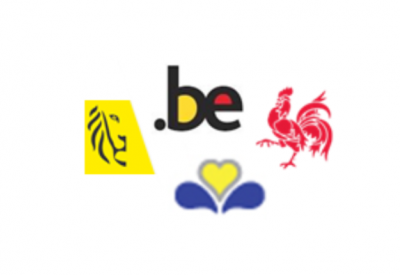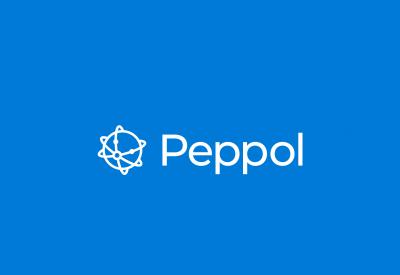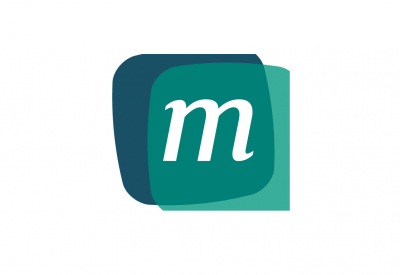The European Peppol framework has adopted a pragmatic approach: we don’t need to reinvent the wheel! On the contrary, it sets out to merely complement existing solutions via a strict minimum of elements designed to promote paperless exchanges.
We explained it to you in this article: Peppol is a framework set up by Europe to encourage the widespread use of public e-Procurement.
To overcome the obstacles to paperless commercial transactions between public authorities and their suppliers, Peppol has put in place a series of elements...
... a standardised format
This standardised format is to e-Invoicing what globish is to commercial relations: a common language that facilitates exchanges between people who do not speak the same language.
All studies confirm this: the use of a structured invoice format specific to each sector or exchange group is a major obstacle to the widespread use of e-Invoicing. This situation forces the least powerful (i.e. the majority of) companies to subscribe to multiple platforms (those of their powerful trading partners) and develop expensive format conversion systems.
Thanks to standardisation, companies adapt their programs once and only once. Overall costs are much lower and even large companies benefit substantially from them!
This does not mean, however, that other formats are banned: each company is free to use the format(s) of its choice, but can no longer impose it. Within the Peppol framework, a register allows any invoicing software to consult the list of formats that each correspondent is able to receive and process. This principle is explained in more detail on peppol.eu.
Since 2018, the European Standard has played the role of a common denominator (see Directive 2014/55).
... access points
The sheer number of trading platforms on the market also hampers the widespread use of e-billing. Indeed, it means that companies that need to reach correspondents in other sectors have to subscribe to several platforms. The technical and pricing conditions of these platforms vary. Harmonisation is therefore essential.
This harmonisation requires the use of access points that comply with the Peppol standard. These access points are computer programs that act as virtual mail boxes. They allow any company to send and/or receive invoices, regardless of the platforms used, as long as they comply with the common standard of the Peppol access point. Thanks to these access points, correspondents are assured of the correct forwarding of their invoices.
The Peppol framework therefore standardises exchanges while granting platform operators and their users a great deal of freedom, allowing the development of a sufficiently rich and diversified offering of additional services. Indeed, although essential, exchange is only one of the stages in the processing of the invoice, and these stages can be very diverse, and more or less numerous, depending on the context of the correspondents.
There are approximately 300 Peppol certified access point operators across Europe. Technically, all these operators can offer this service to any correspondent. Commercially, about thirty operators are active on the Belgian market. Click here to consult the list of the main access point operators/suppliers in Belgium.
... framework agreements
Thanks to the standardised format and access points, exchanges are technically possible. In order to ensure that they are also always legally valid, whatever the operators involved, Peppol has set up framework agreements.
After all, legal uncertainty is an unacceptable risk for most companies. If, 8 times out of 10, the sender and the recipient use different operators, how can the legal validity of their exchanges be guaranteed?
In the Peppol framework, platform operators are invited to sign the same framework agreements. These agreements guarantee the legal security of exchanges, even beyond the limits of their own platform.
... a cooperation model
The Peppol framework has been set up according to a cooperation model that organises collaboration between the different actors involved. It defines the roles and responsibilities and the tasks necessary for the smooth running of the exchanges.
In addition to participants and service providers (operators), this model defines two specific roles: the authorities and the coordinator.
The authorities
These are generally public services. Their role is to:
-
oversee the proper implementation of the Peppol framework in their "jurisdiction" (country or sector of activity);
-
sign the framework agreements with service providers;
-
raise awareness among stakeholders in their jurisdiction;
-
supplement global standards with locally applicable standards.
In Belgium, BOSA SD has been a Peppol authority since 2016.
The coordinator
The coordinator is the guardian of the global standards in terms of format (standardisation), infrastructure (access points) and conventions (transport infrastructure agreements).
It ensures that these standards are available to all, up-to-date and can be implemented without ambiguity.
In addition, it signs an agreement with each authority, which is the linchpin of the legal security of all exchanges on the Peppol "network".
Since 2012, this role has been taken on by the AISBL under Belgian law OpenPeppol.










































